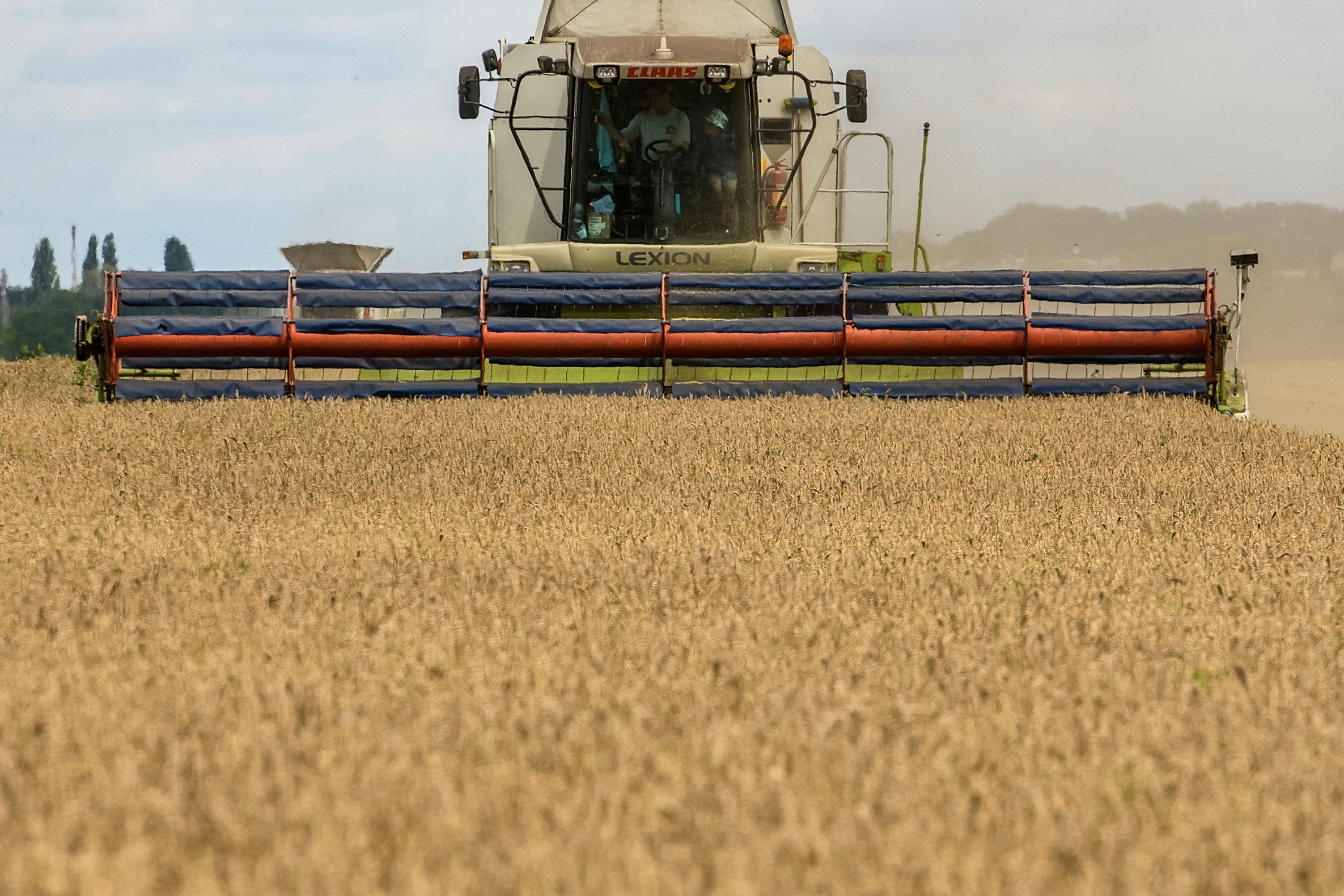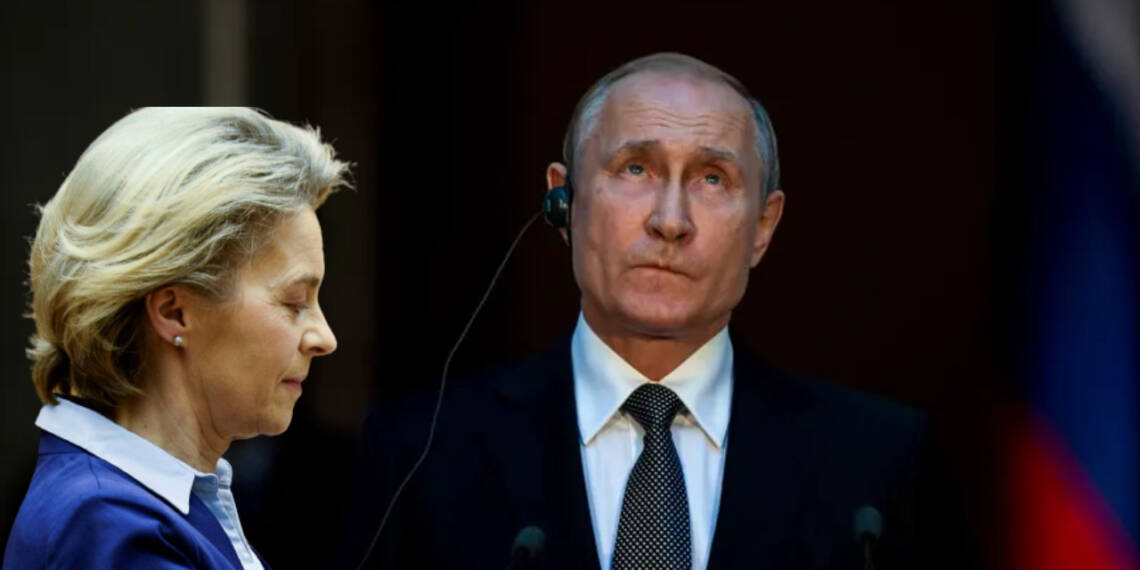On one fateful day, July 17, 2023, Russia pulled the plug on the year-old deal that allowed the smooth transportation of grains and other foodstuffs past the Russian naval blockade in the Black Sea. As if that wasn’t enough, Russia took its aggression a step further, mercilessly bombing the Ukrainian grain port of Odesa and obliterating a staggering 60,000 tons of grain.
Predictably, the consequences were immediate and severe. Food prices skyrocketed, causing wheat, corn, and soybean costs to surge across Europe, the Middle East, and beyond. But Russia’s actions didn’t stop there, as it even restricted Ukrainian exports, warning of dire repercussions for any breach.
Russia’s demands were clear – they wanted to rejoin the SWIFT payment system without delay and insisted on conducting grain payments through it. Effectively, they held the entire Western world to ransom.
The EU, naturally, made some attempts to prevent Russia’s re-entry into SWIFT, but it seems their resolve has weakened considerably.
EU Falls for Russian Pressure
In a stunning move, the EU is now considering allowing a Russian bank, which is under sanctions, to create a subsidiary that would have access to the global financial network through the SWIFT system. This proposal was tabled by Moscow and negotiated through the UN, and if agreed upon, it would protect the embattled Black Sea grain deal, which enables Ukraine to export food to the rest of the world.
Supporters of this idea consider it the “least bad option” to gain Putin’s support for extending the agreement beyond its expiry date.

However, one cannot help but see it as a surrender to Putin’s tactics. With Russia’s threats to terminate the deal appearing more credible this time around, the EU seems to be conceding to Putin’s demands.
The situation is nothing short of dramatic, and the truth is, Putin is winning big. His aggressive maneuvers and refusal to back down have put the EU in a position of weakness.
Read More: France and Germany set to revoke sanctions on Russian grains and fertilizers
Putin’s Victory
By playing hardball with grain exports and exploiting the vulnerabilities in the European food supply chain, Putin has shown himself to be a formidable player in the geopolitical arena.
The implications of these events go beyond just grain and financial systems. Russia’s war in Ukraine has triggered fears of a global food crisis, highlighting the fragility of our interconnected world. The fact that a UN-brokered deal, which was aimed at reopening shipping routes, has been extended multiple times despite Russian threats, points to a desperate attempt to avoid a more catastrophic outcome.
As Europe fumbles with appeasement, it’s high time to acknowledge the need for stronger and more principled responses to Russia’s aggressive tactics. The EU kneeling before Putin’s demands proves the fact that total isolation of a big geopolitical player is not possible at all.
Read More: Ukraine floods Poland with rotten foodgrains
Europe must use this grain checkmate moment as a wake-up call and realize that their decoupling can’t rely on hunger and poverty. It’s time to put aside naivety and adopt a more strategic and resolute approach in dealing with Putin and other actors who seek to exploit vulnerabilities for their gain.
Watch More:








